Granite or quartz
Both granite and quartz can be beautiful additions to your kitchen, but they are very different materials. Both can be used as the basic material for worktops which are resistant to stains and scratches, but they do have several differences. Granite is a natural stone that comes straight out of the earth, and quartz is engineered, or "man-made".
So which is the better choice? Well, quartz is less porous, so there is a lower chance that food and water can become trapped in the surface. However, granite portrays the most natural colours, patterns and formations. Ultimately, it comes down to personal preference.
If you are trying to decide between these two stain- and scratch-resistant surfaces, it is useful to consider the differences between the two.
- Granite: 100% natural. Slab granite counters are literally sliced from quarries, cut to size, and honed down until they are smooth.
- Quartz: 97% natural. Prominent quartz countertop maker Caesarstone notes that 93% natural quartz aggregates are mixed with the remaining 7% of color pigments and polymer resins. The resins bind the particles together.
Maintainance
Both materials require maintenance, with granite requiring slightly more than quartz:
- Quartz does not need initial or continued sealing.
- Granite needs to be sealed upon installation, and then again on a regular basis.
Durability
- Quartz: Engineered stone has the flaws engineered out. Due to the presence of the resins, quartz counters are less prone to staining.
- Granite: Natural slab granite, for all its beauty, has flaws and imperfections that homeowners either love, accept, or hate. Granite is waterproof, stain-resistant, heat resistant, scratch resistant - in most cases it will just wipe clean with a damp cloth. All our granite worktops are sealed when fitted but they will need to be resealed on a regular basis - we recommend every 4 months. Oil based substances can sink into the granite and take a long time to dry out so we recommend that all spills are mopped up immediately.


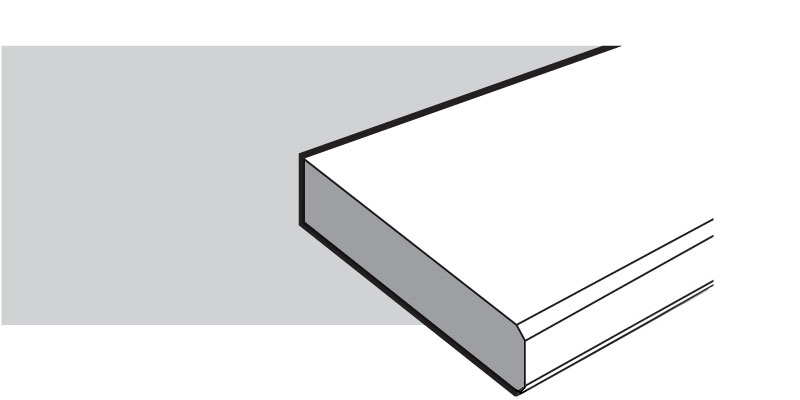 Square Polished (Double Bevel)
Square Polished (Double Bevel)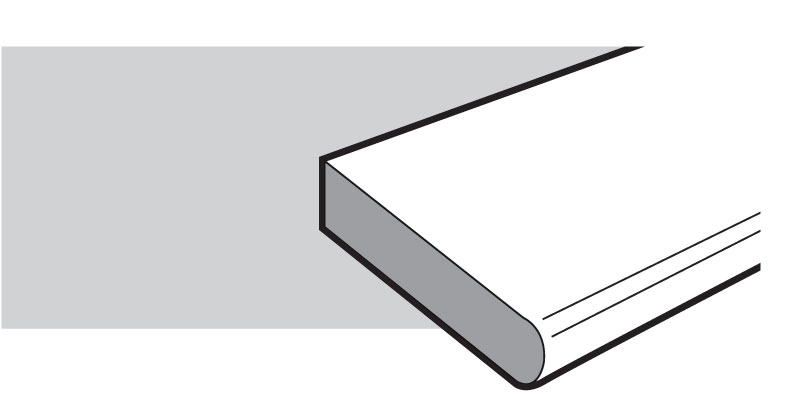 Bull Nose
Bull Nose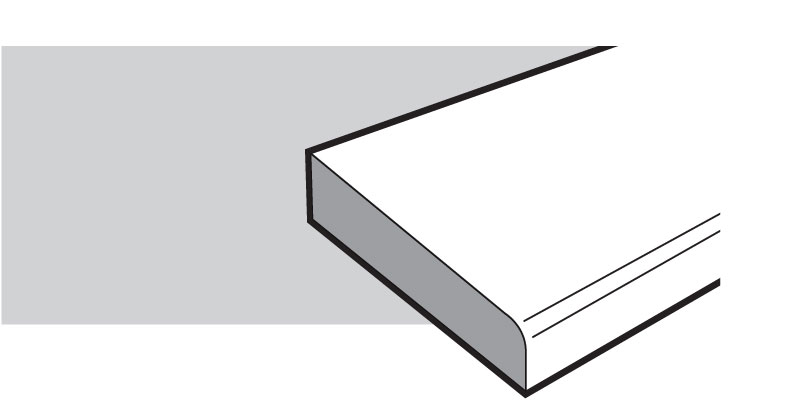 Half Bull Nose
Half Bull Nose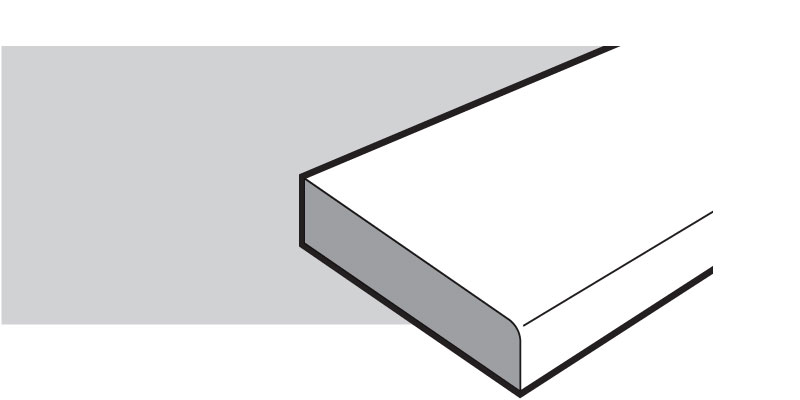 Single Pencil Round
Single Pencil Round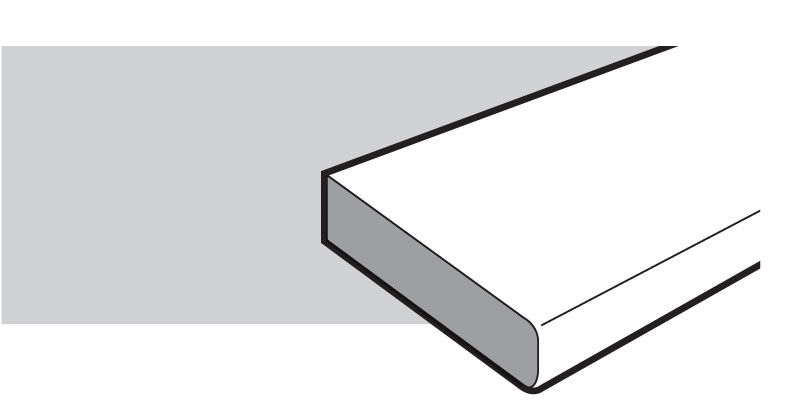 Double Pencil Round
Double Pencil Round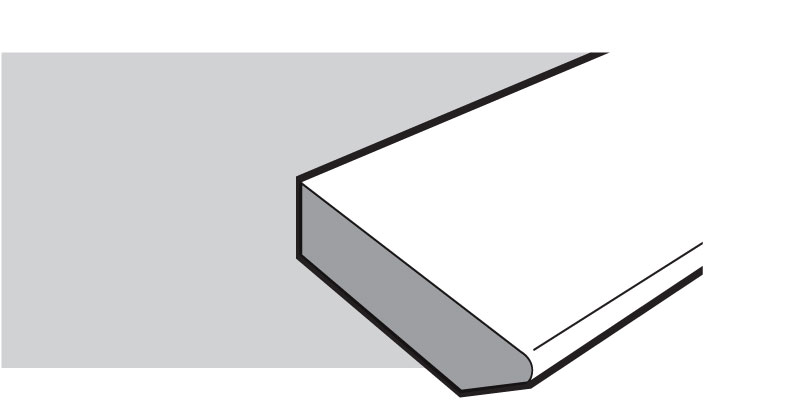 Shark Nose
Shark Nose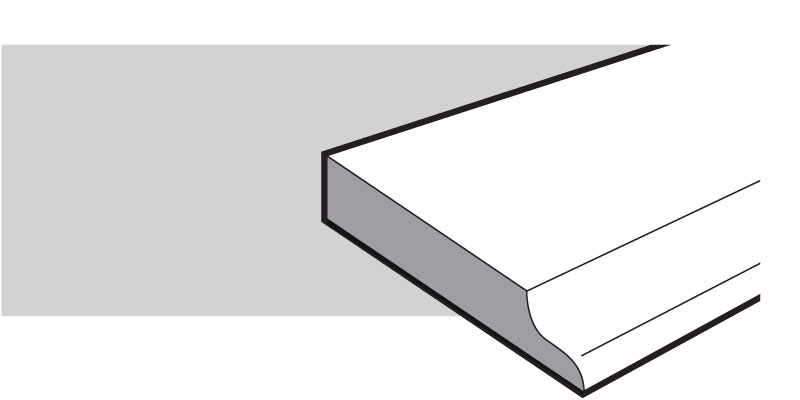 Ogee
Ogee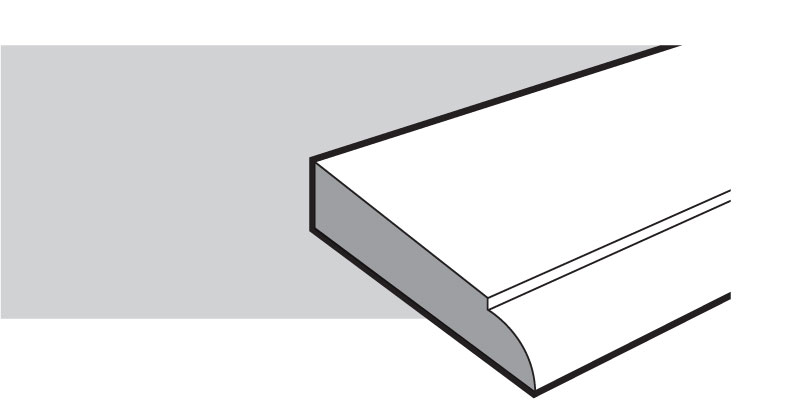 DuPont
DuPont